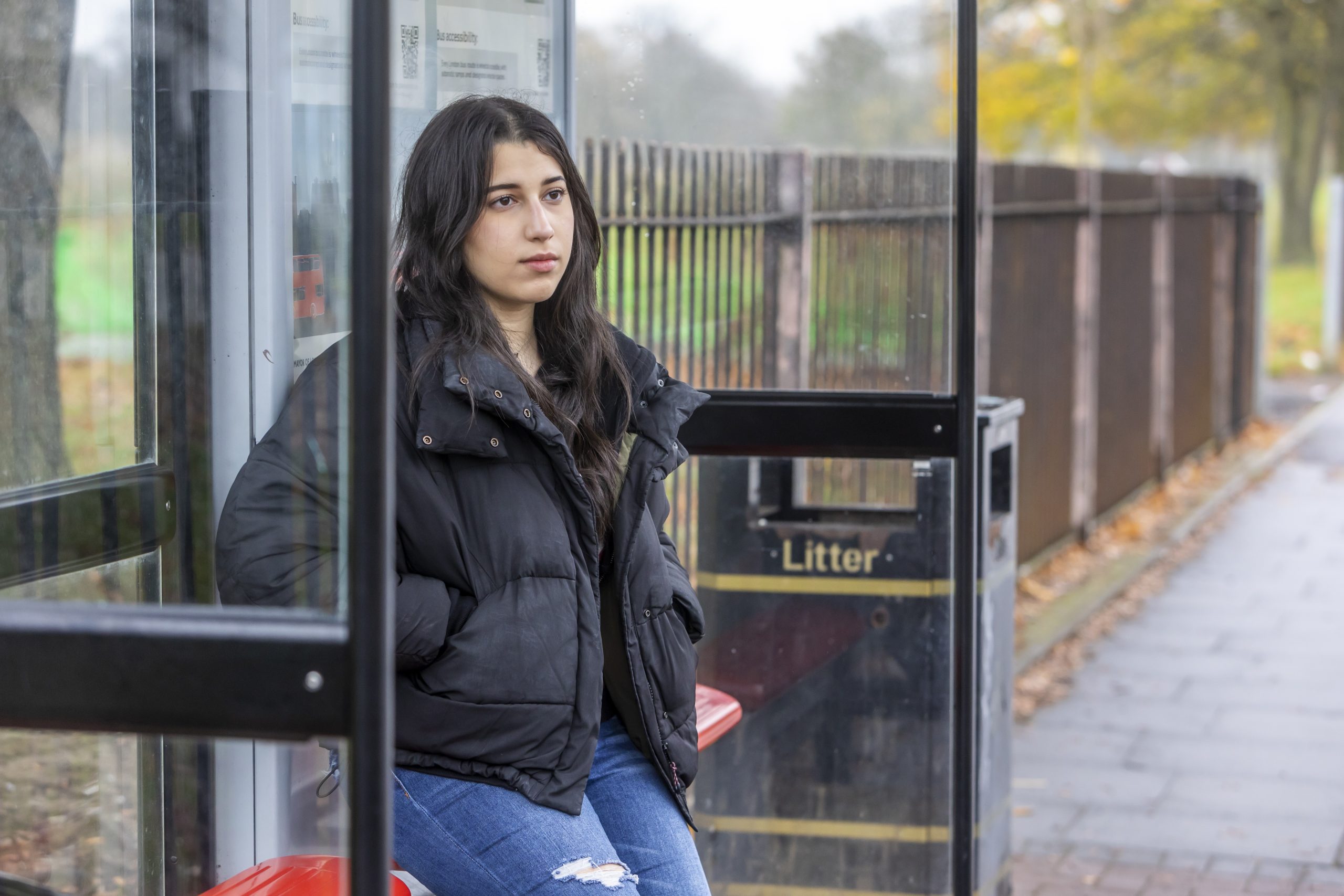Getting support for PTSD
If you’re looking to help someone who you think might be suffering from PTSD, charities like The Mix will help you understand where to go for help. The first step is finding a professional who is qualified to diagnose PTSD, and the best route to this is by finding a doctor or GP and getting a referral. We know that seeing a GP isn’t always easy these days, but don’t give up. If you’re not happy with your doctor, you might like to read our article on how to change GP.
Treatment for PTSD
Treatment for PTSD can happen in several ways, such as cognitive behavioural therapy (CBT), other types of therapy and learning how to cope with stress. Whatever option is chosen, know that treatment will always go at a pace you’re comfortable with, one step at a time.
Causes of PTSD
Traumatic events such as the death of a loved one or a serious and frightening experience such as being mugged might lead to PTSD, but sometimes the causes are less straightforward and more difficult to identify. When getting help from a mental health professional, it’s important to try to be honest about what happened and the symptoms you’re experiencing.
Experiences with PTSD
We know that’s far from easy, and hopefully reading some of our resources from people who have gone through similar situations might help. Read about being a victim of crime and coping with trauma anniversaries.
PTSD helpline
It might also be useful to contact a helpline so you can speak about your experiences. If you don’t feel comfortable talking with friends and family, you can always talk with the team here at The Mix. You can talk to us anonymously if you prefer. We have a daily helpline, a 24 hour crisis messenger service, email and webchat and free online counselling.
Should I see a doctor about my mental health?
Getting the courage to tell a doctor you’re not feeling good is tough. Dr. Ranj Singh shares tips on what to expect and how you can get the best out of your first appointment.






